CORBETT, Ore. — Kids born with heart defects rarely meet others like them. Merry Heart Children’s Camp gives them that chance.
“Nobody at school has a heart condition. I’m always an outsider. Here I feel less like that. I can talk about things,” said Kaitlyn Gregersen, a 13-year-old Washougal resident who first attended the camp in 2019.
Founded by retired pediatric cardiologist Dr. Mary Rice, Merry Heart Children’s Camp first convened in 2015. Since then — with the exception of two summers during the COVID-19 pandemic when campers met virtually — Merry Heart has gathered kids age 9 to 14 at Camp Howard near Corbett, Ore., for a week in August.
Enlarge
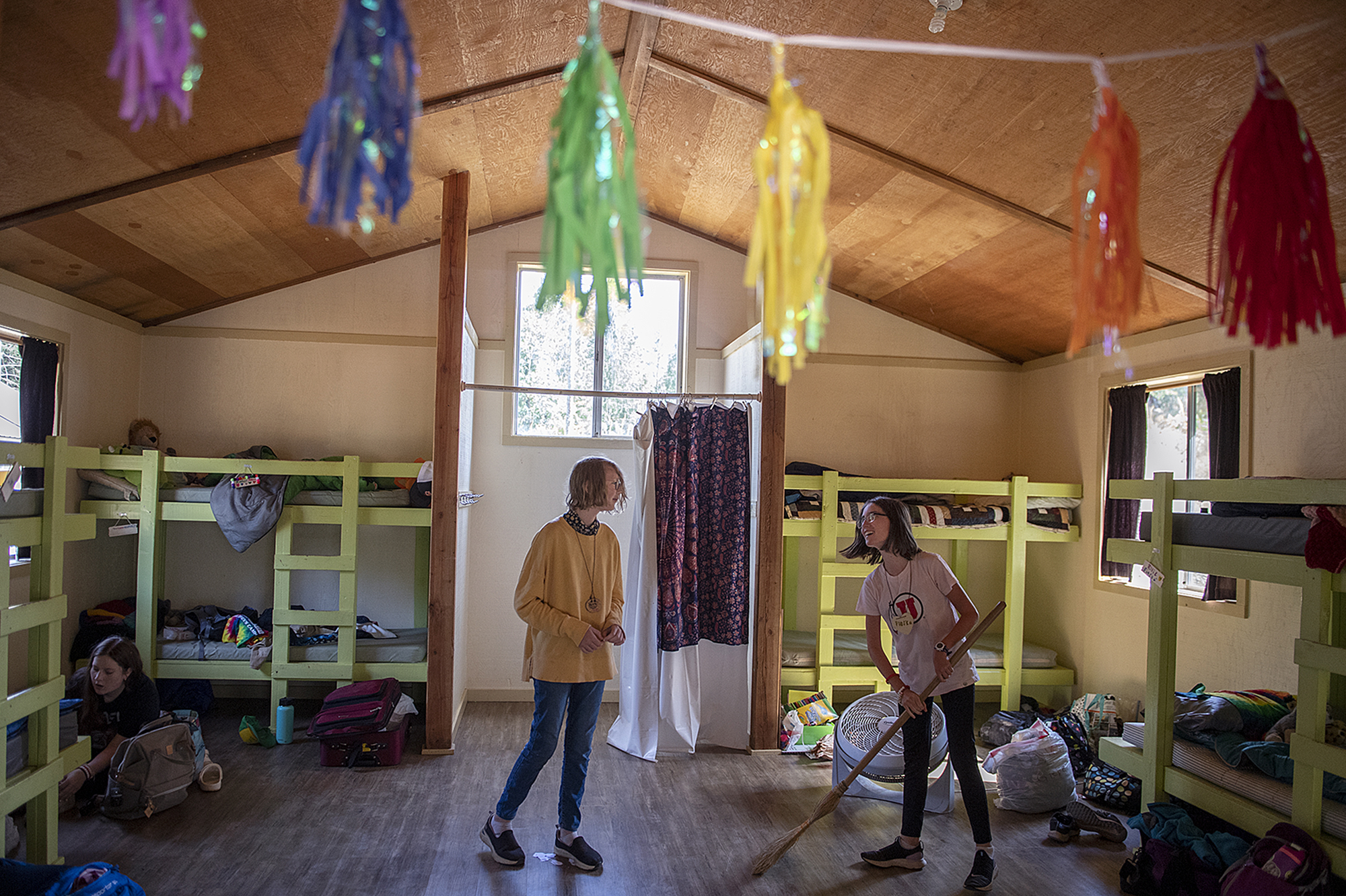
Amanda Cowan of The Columbian
“Many of them can’t go to a regular summer sleepaway camp because of their conditions. It’s nice for them to have a place where everyone has a heart condition,” said Tim LaBarge, the camp’s executive director. “Here, if they need to sit something out, we’re totally cool with it.”
Merry Heart offers all the usual summer camp fun — swimming, field games, archery, crafts — with the addition of volunteer doctors, nurses and pediatric pharmacists on hand to handle any medical issues.
For example, it’s not uncommon for homesick campers to develop a stomachache, but for a kids with a heart defect, that could be a symptom of something more serious and needs evaluation, said Dr. Lindsay Urbinelli, a pediatric cardiologist at Randall Children’s Hospital in Portland who volunteers at Merry Heart.
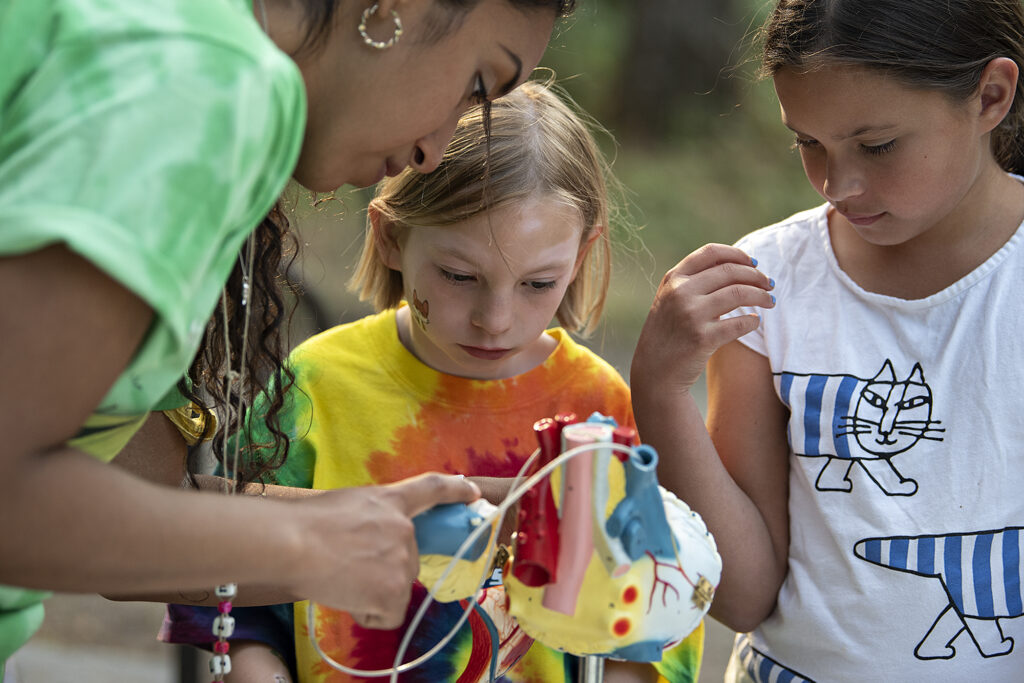
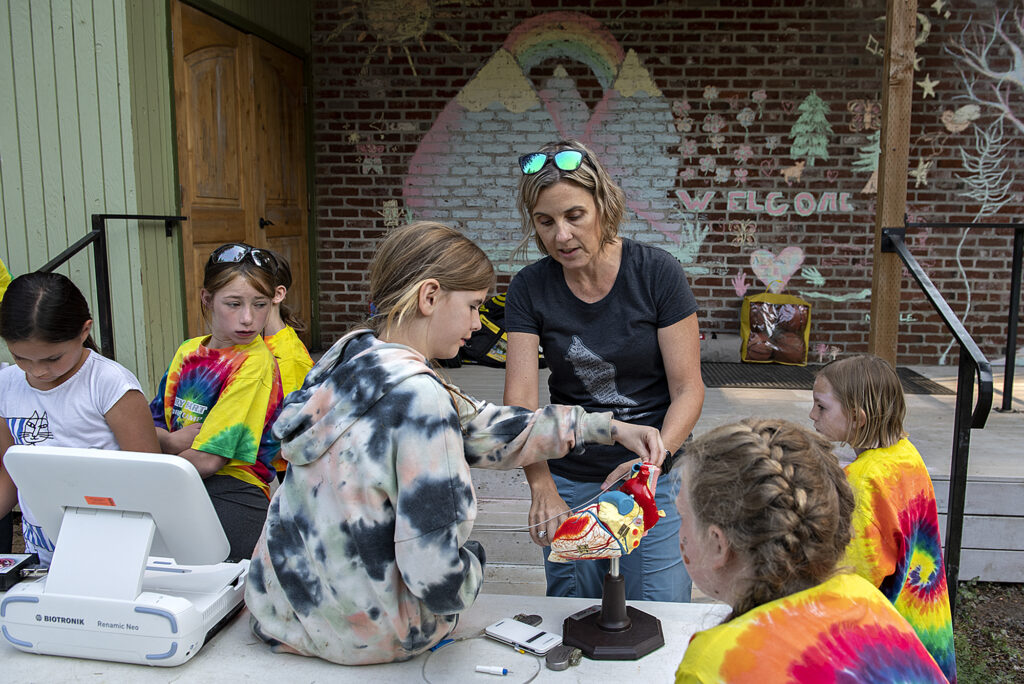
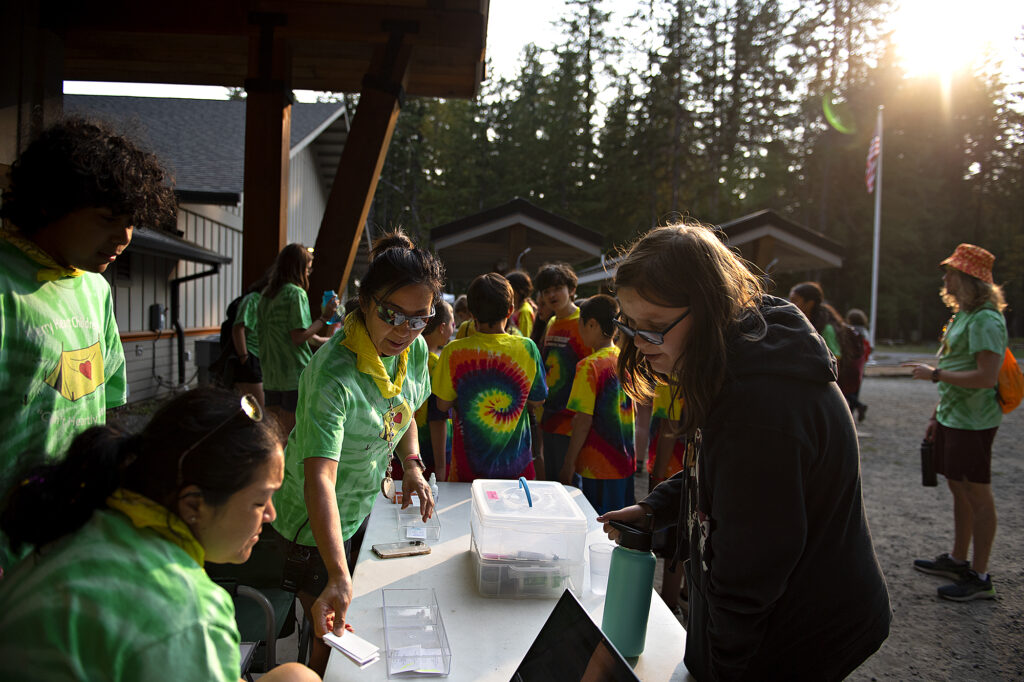
Photos by Amanda Cowan of The Columbian
Kids with cardiologists
Congenital heart defects are the most common kind of birth defect, affecting 1 percent of babies — about 40,000 — born in the United States each year, according to the Centers for Disease Control and Prevention.
About 35 types of heart defects have been identified, according to the American College of Cardiology. They range in severity from a hole between the heart’s chambers that heals on its own to a heart missing chambers.
“Survival into adulthood is getting better and better,” Urbinelli said.
Before 1940, more than 90 percent of infants with complex heart defects died well before reaching adulthood. Advances in cardiac surgery have since reversed that statistic, with 90 percent surviving, according to the American College of Cardiology.
That makes it all the more important for kids with heart defects to learn about their conditions and how to advocate for themselves, camp leaders said.
Enlarge
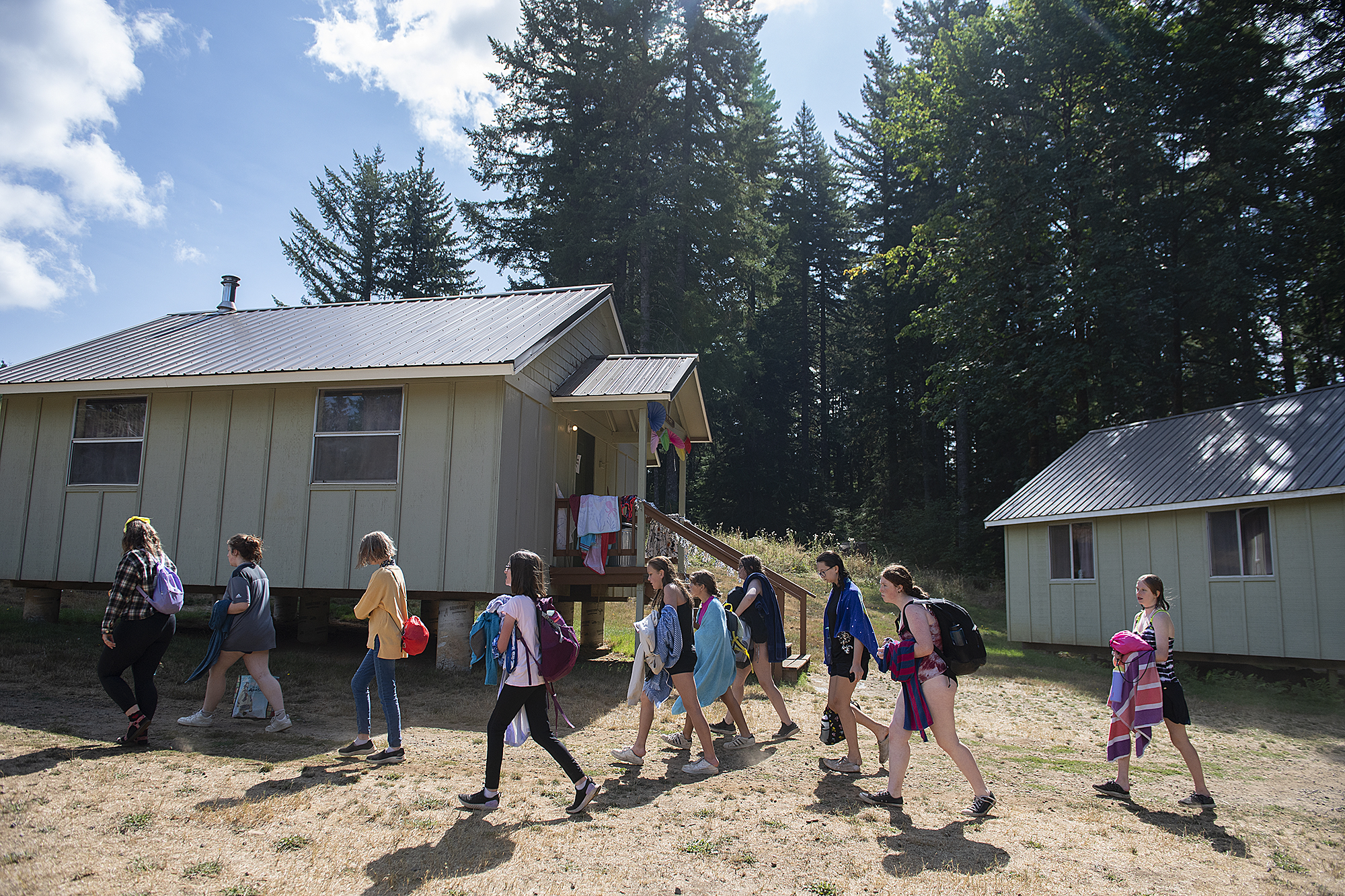
Amanda Cowan of The Columbian
Kaitlyn explains her heart condition with clarity and humor. She was born with pulmonary cardiac stenosis, which means the valve between her right ventricle (one of the heart’s four chambers) and her pulmonary artery could not open wide enough for blood to flow freely.
“I was born as a Smurf,” she joked, referring to her blue appearance at birth.
Two attempts to repair the valve with a minimally invasive catheter surgery failed, so she had open-heart surgery to insert a stent when she was just under a month old.
“It’s enough to keep me alive for now. When I’m fully grown, I’ll get a new pulmonary valve,” she said. “I’m very lucky. I don’t have to take medication. I can ride a roller coaster. I mainly live as a normal kid.”
She said she’s not self-conscious about her scar, a zipper down the middle of her chest.
“I’ve lived with it all my life. What I don’t feel as comfortable with is my second belly button,” she said, referring to the divot at the lower end of her zipper scar. “You won’t see me in a crop top.”
Each year, she visits Doernbecher Hospital at Oregon Health & Science University for an echocardiogram (which uses sound waves to create an image of the heart) and an electrocardiogram (which records the electrical signals of the heart), as well as an appointment with her pediatric cardiologist.
“ ‘When I went to the cardiologist’ — that’s not something most middle-school girls talk about,” said Kaitlyn’s dad, Kelly Gregersen. He and his wife, Sara, said they’re grateful their daughter has a chance to hang out with other kids with heart conditions.
“The camp also just lets the kids be kids,” Kelly Gregersen said. “I think that’s equally important.”
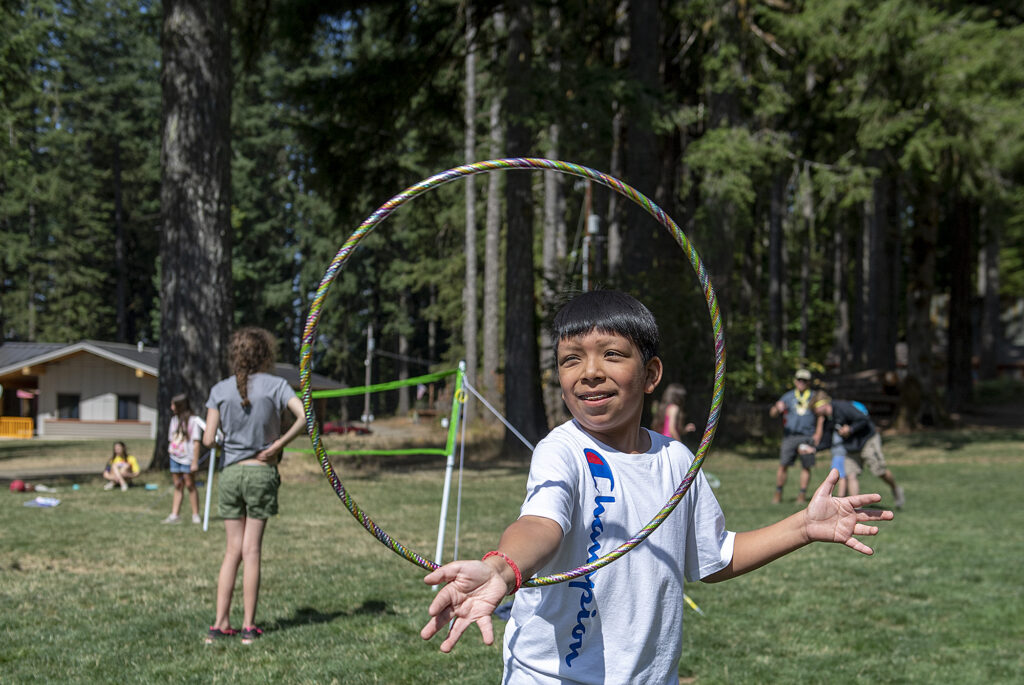
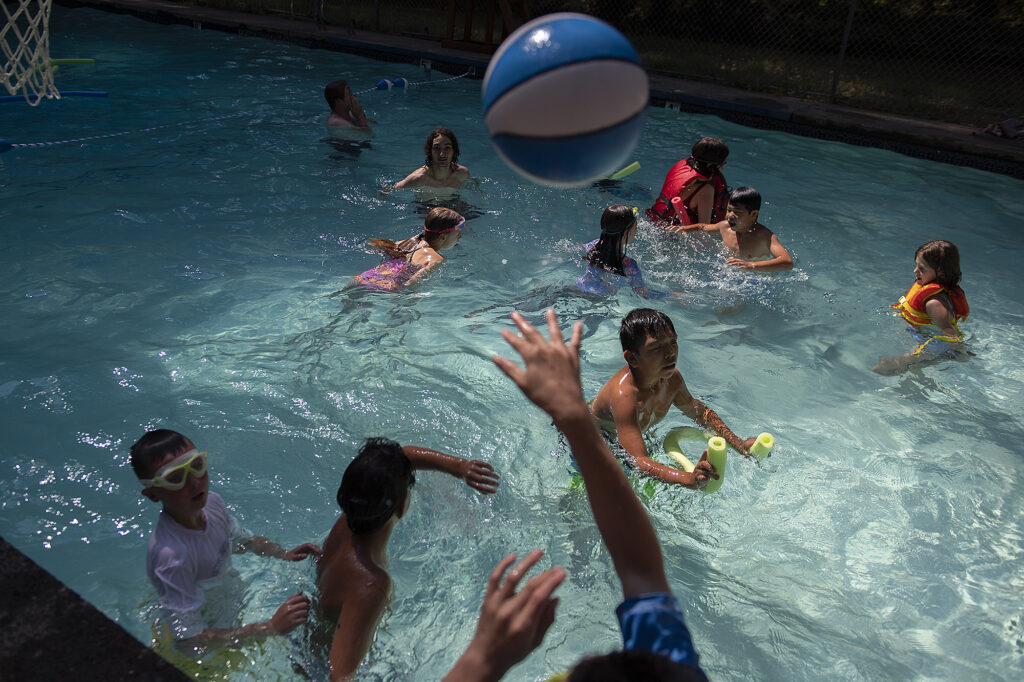
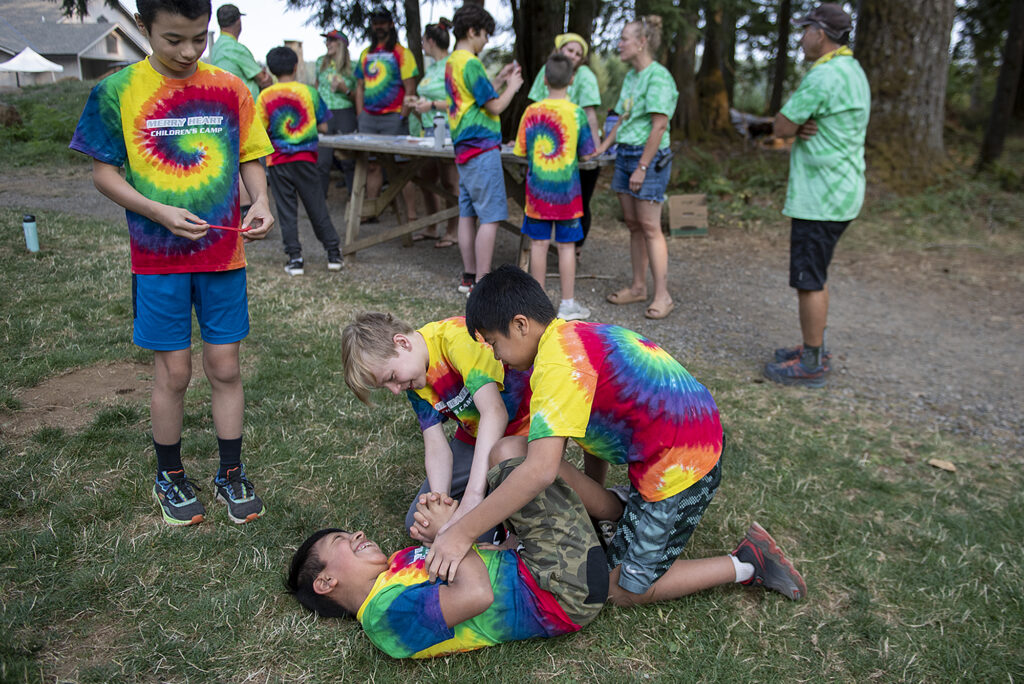
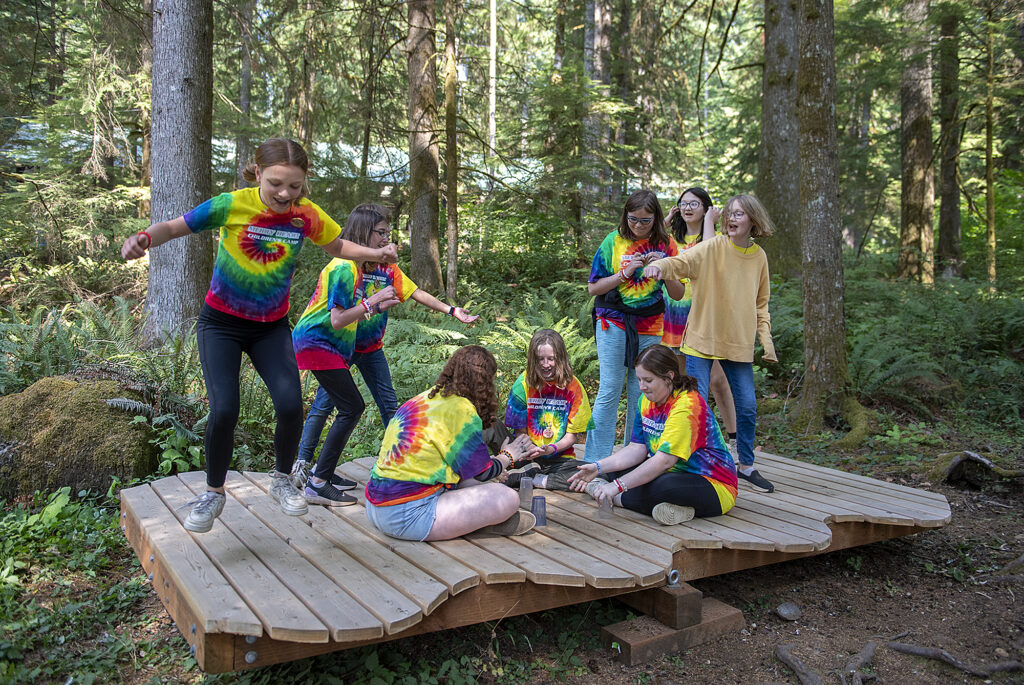
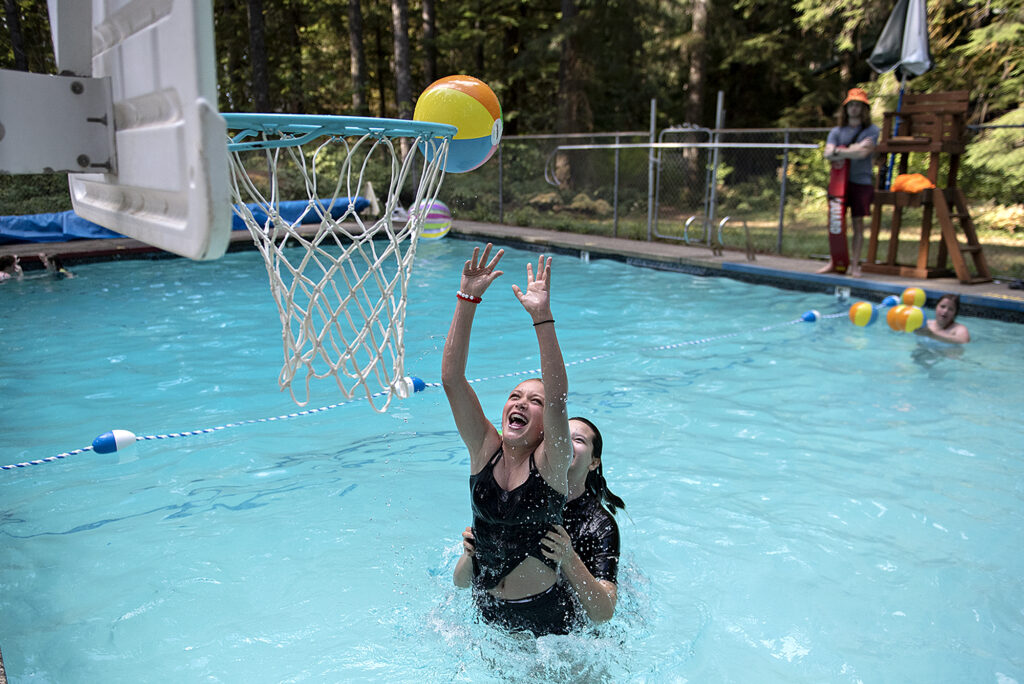
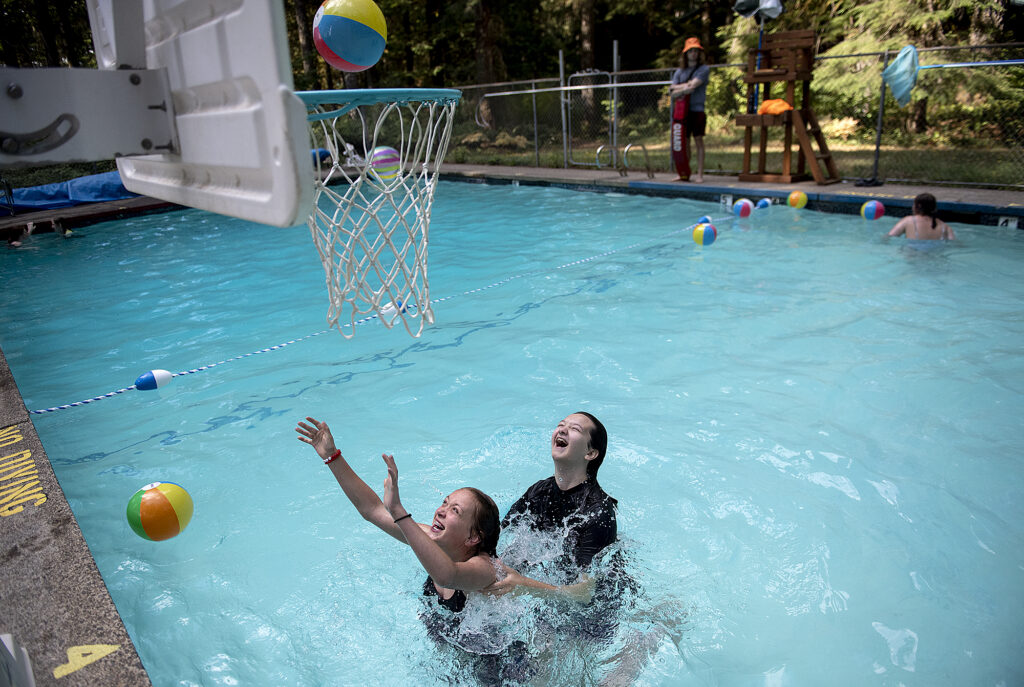
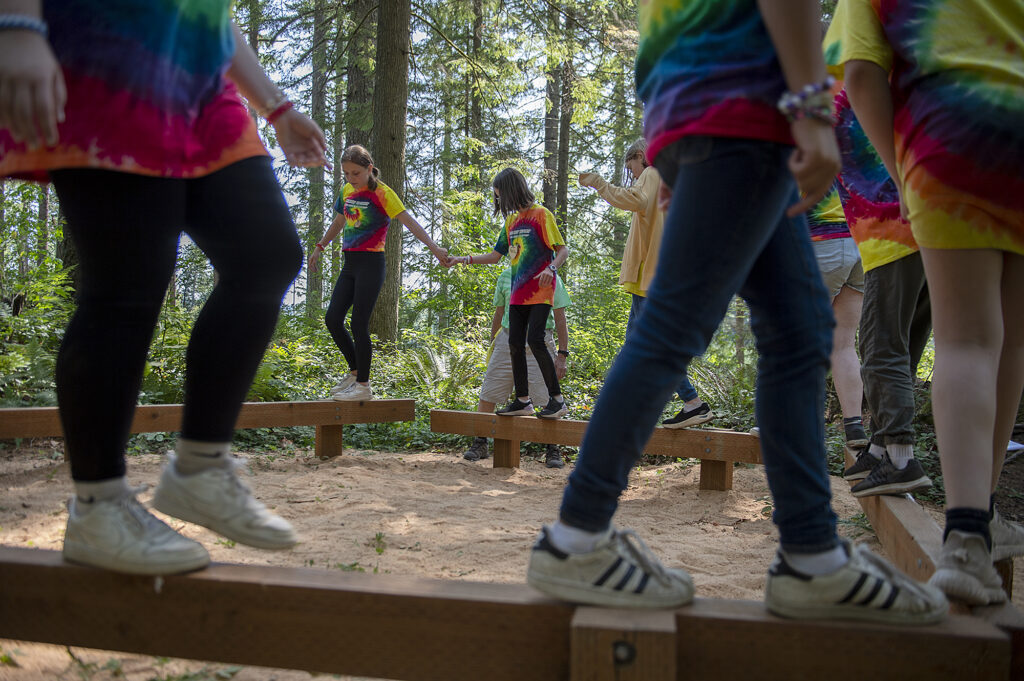
Photos by Amanda Cowan of The Columbian
Volunteer driven
Camp Howard, which encompasses 245 wooded acres and a sweeping view of Mount Hood, has room for 300 people. Merry Heart Children’s Camp uses a fraction of that capacity. This year’s camp from Aug. 20-24 drew 34 campers (ages 9 to 14) and seven counselors-in-training (ages 15-17), LaBarge said.
Although the camp costs about $1,000 per child, LaBarge said, Merry Heart charges only $60.
LaBarge is the nonprofit’s one paid employee, and he’s part-time.
“It takes dozens of volunteers, many individual donors and foundations, and a dedicated board of directors to make camp happen,” LaBarge said.
Urbinelli said she enjoys volunteering at Merry Heart, in part because some of her patients attend.
“It’s fun to see them laughing and showing their kid personality, compared to the heaviness of the office,” she said. “It’s so hard to be the only kid who’s restricted in P.E., or the only one at swimming who has a scar. Every kid here has been through something with their heart.”
Enlarge
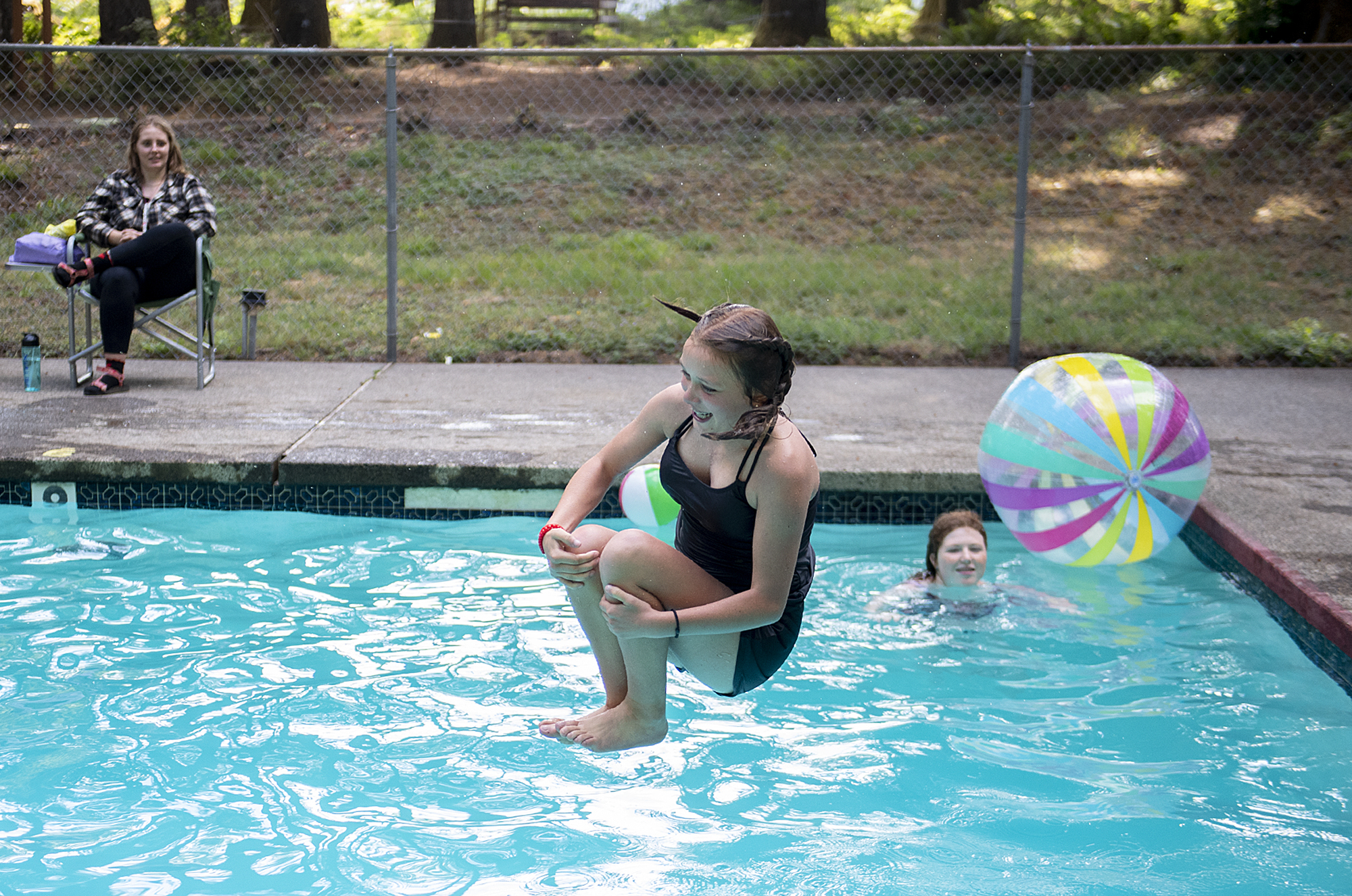
Amanda Cowan of The Columbian
First-time camper Lilee Foltz, a 14-year-old Vancouver resident, said she had never met other kids with heart defects before attending Merry Heart.
She was born with hypoplastic left heart syndrome, in which the left side of the heart is malformed and can’t pump correctly. She underwent open-heart surgeries at 4 days old, 3 months old and then 3 years old. Her heart’s abnormalities in turn damaged her liver. Doctors hope Lilee will be able to avoid a liver transplant, but she will eventually need a heart transplant, said her mother, Afton Foltz.
“I don’t let it stop me from what I want to do,” Lilee said.
One thing she wants to do: return to Merry Heart Children’s Camp next year as a counselor-in-training.
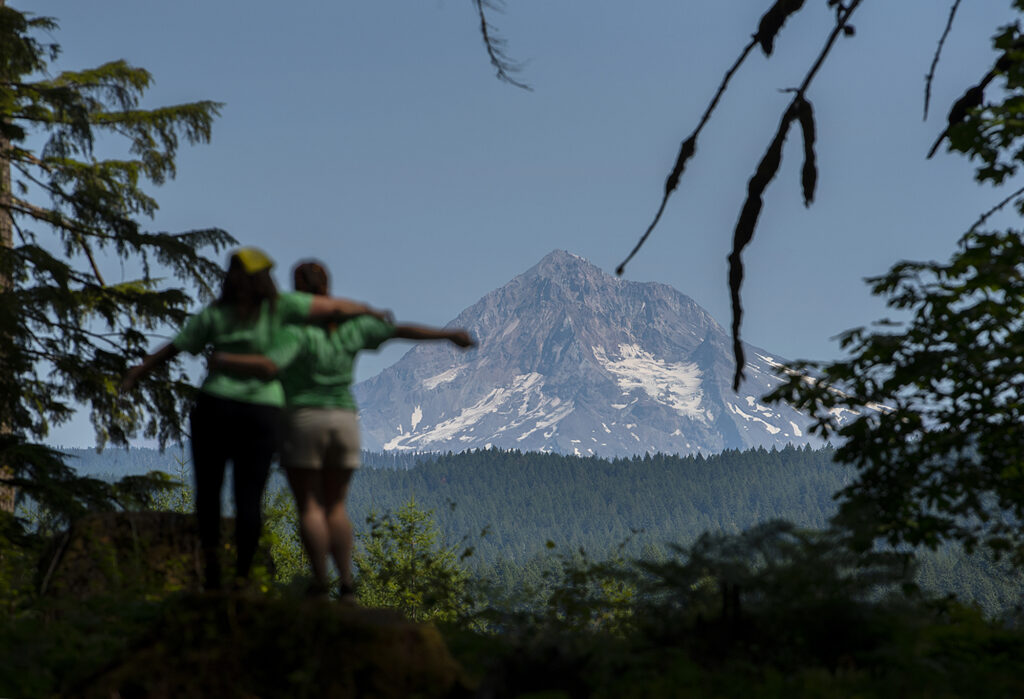
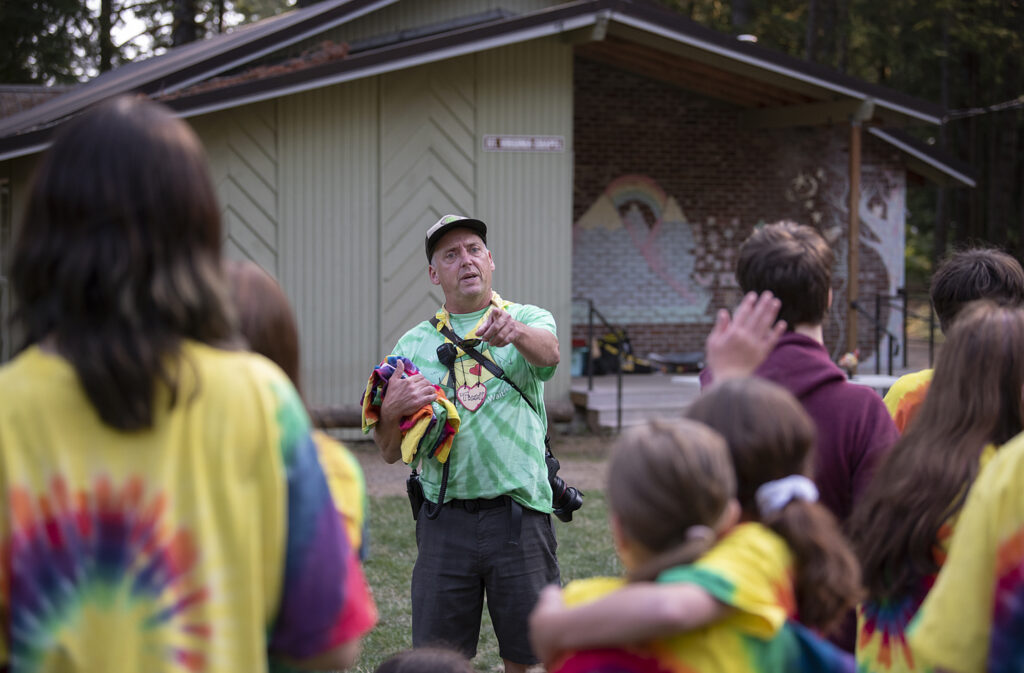
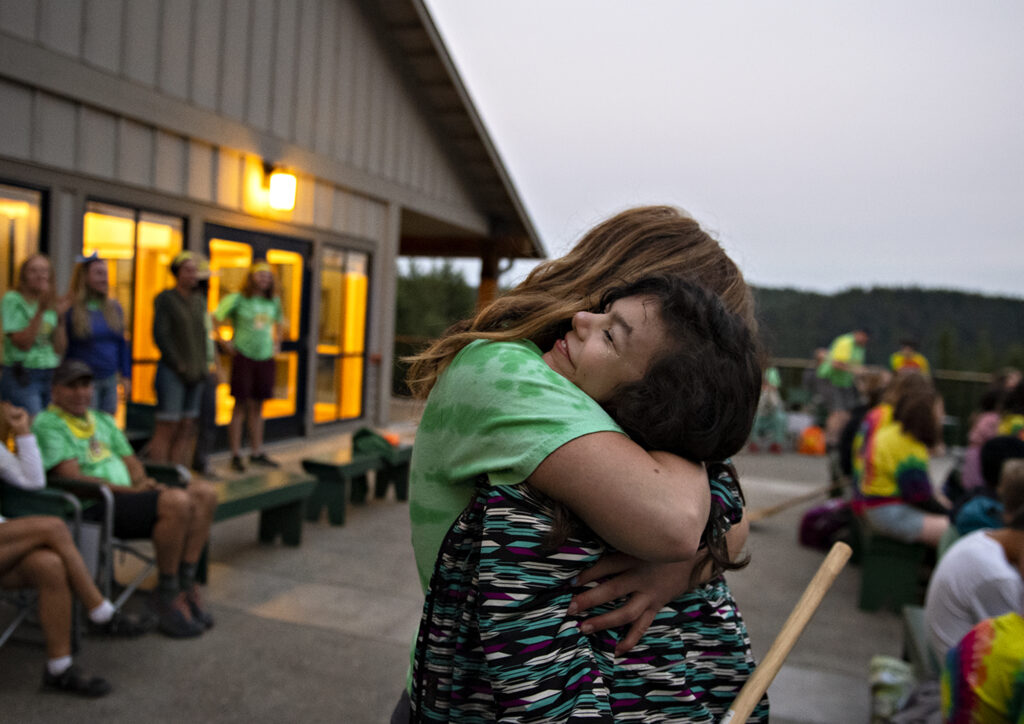
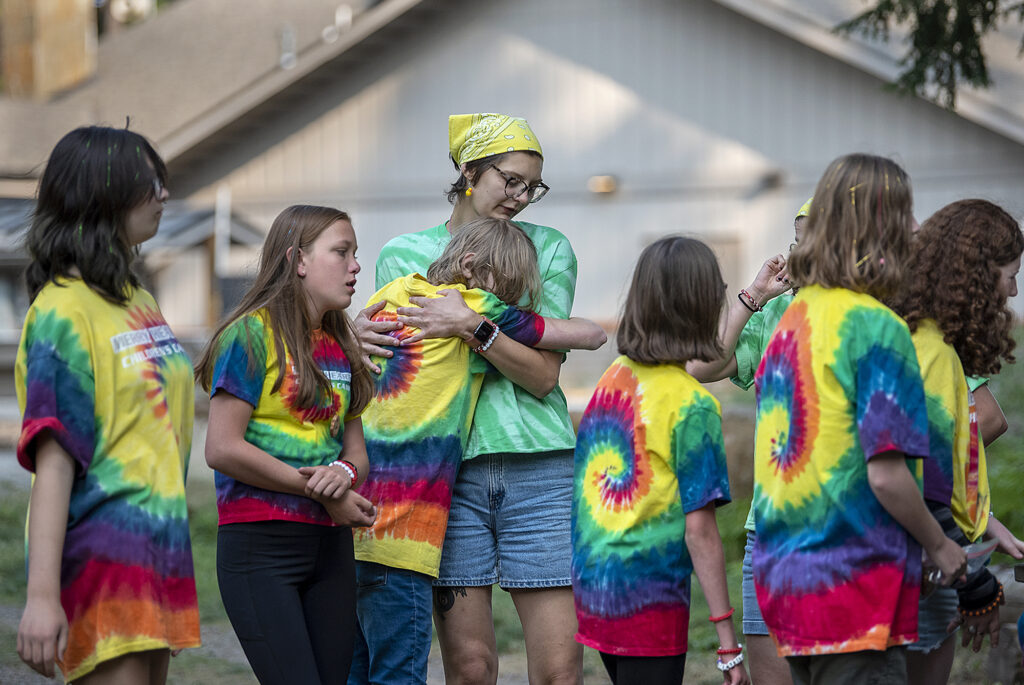
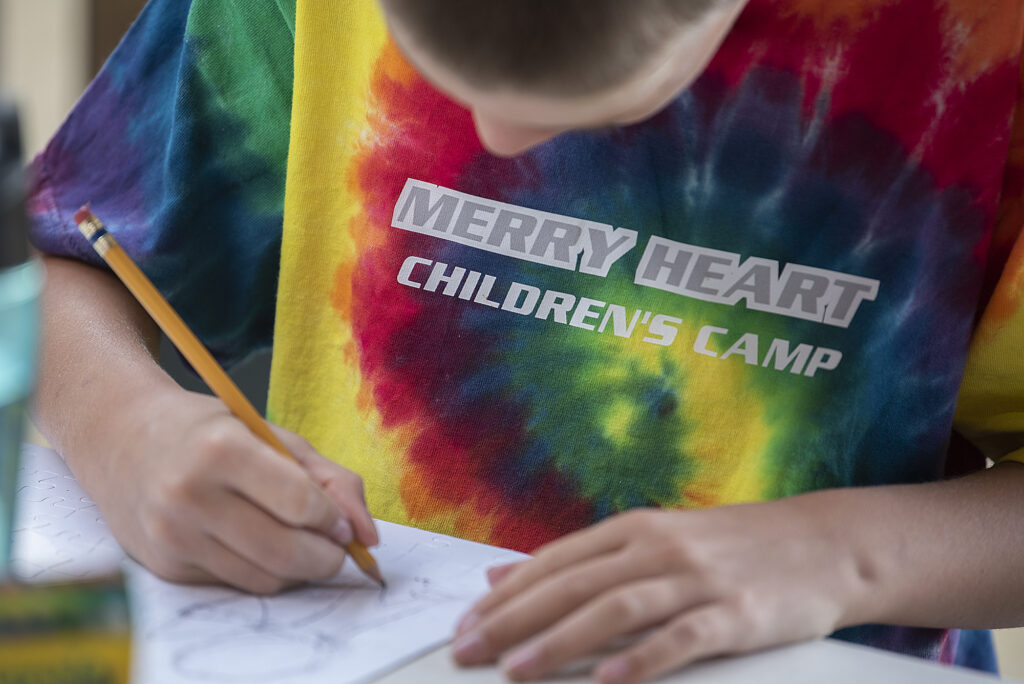
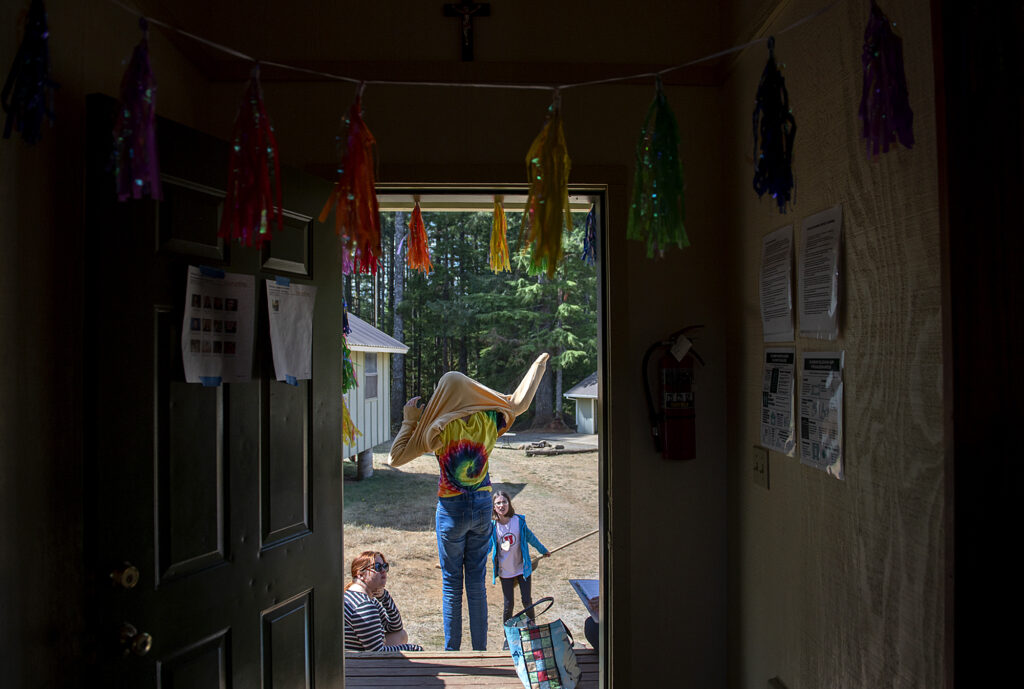
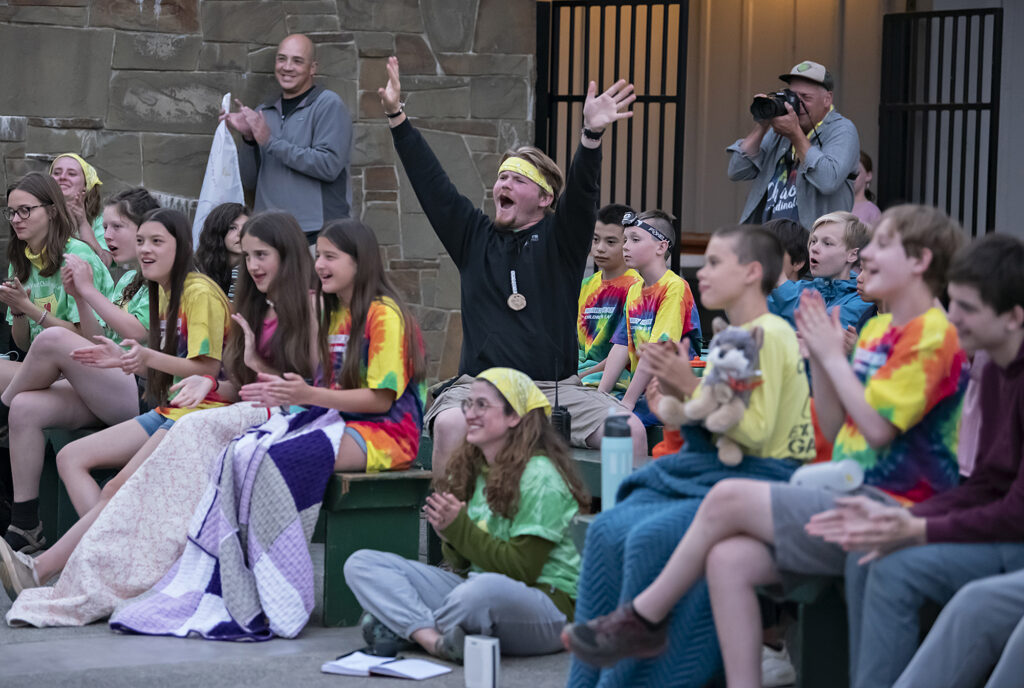
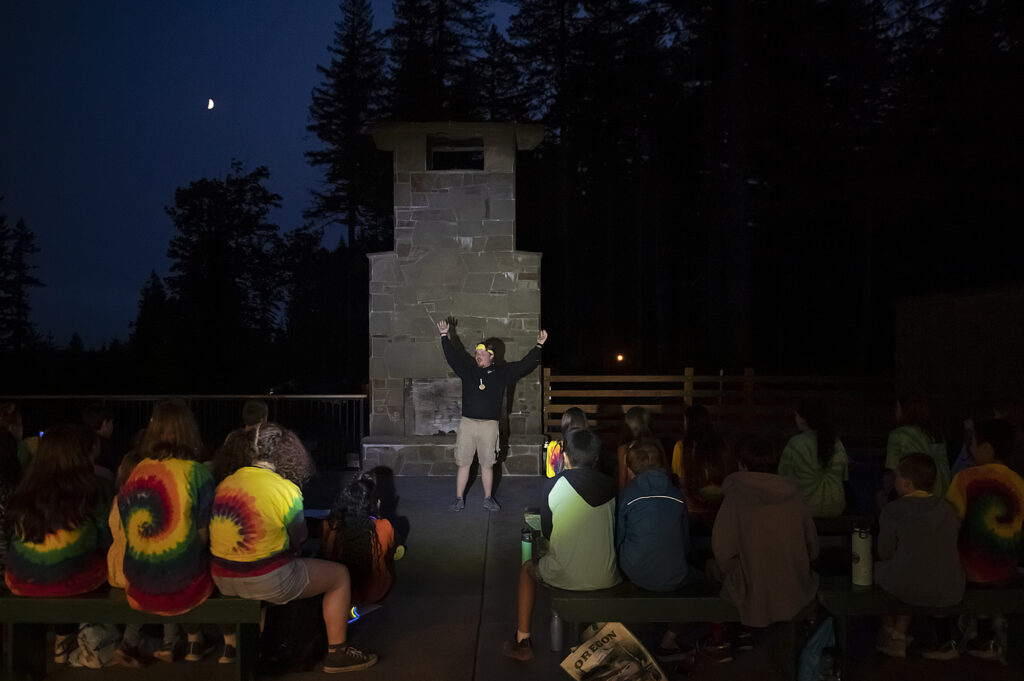
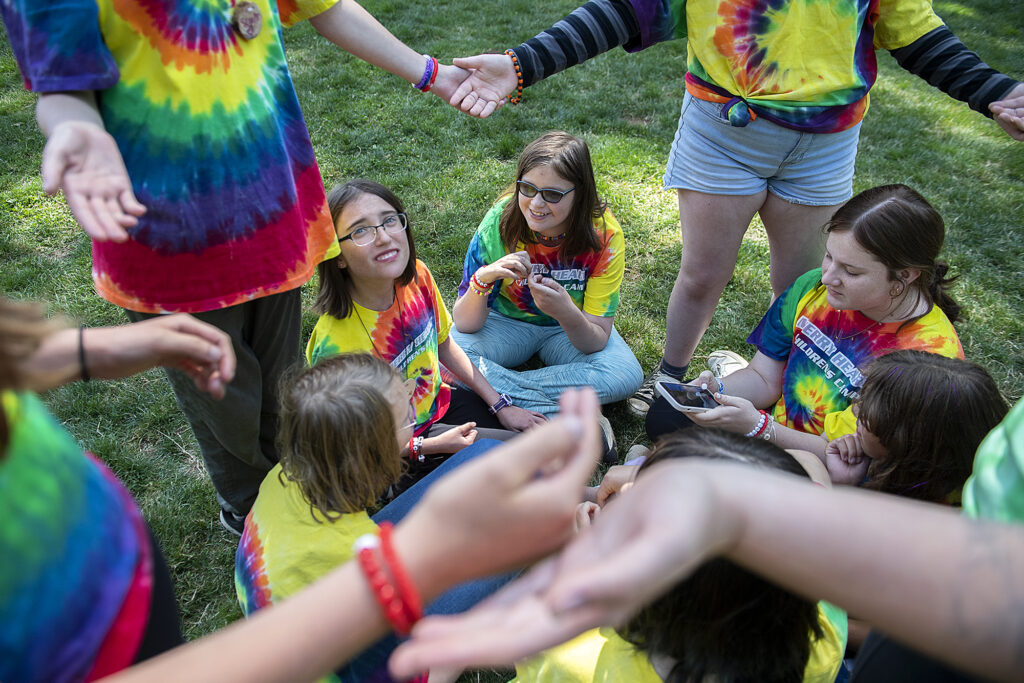
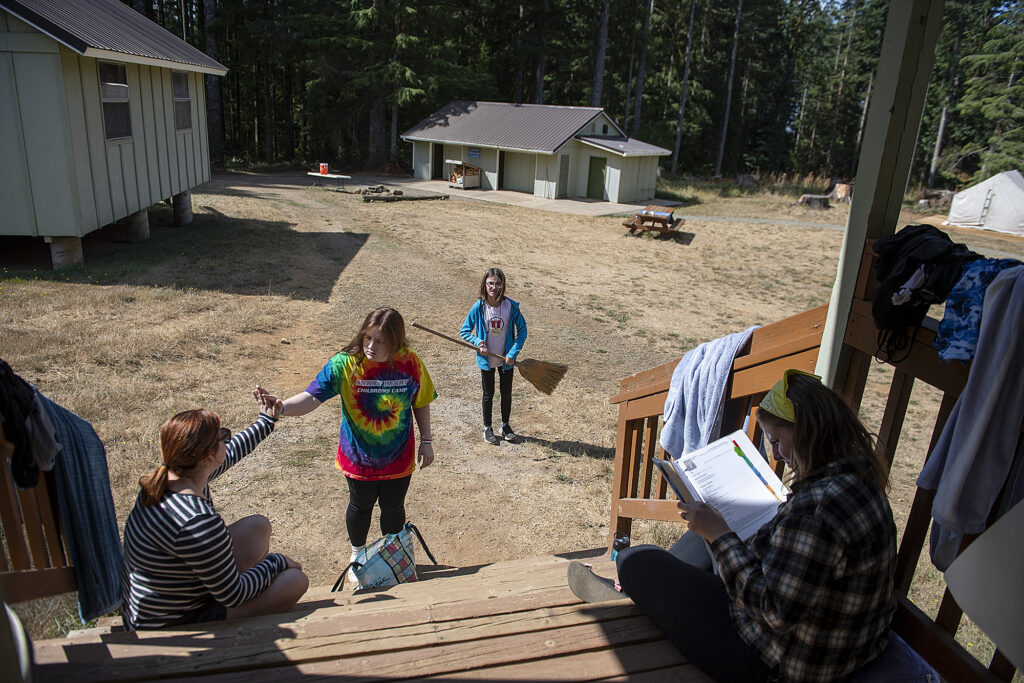
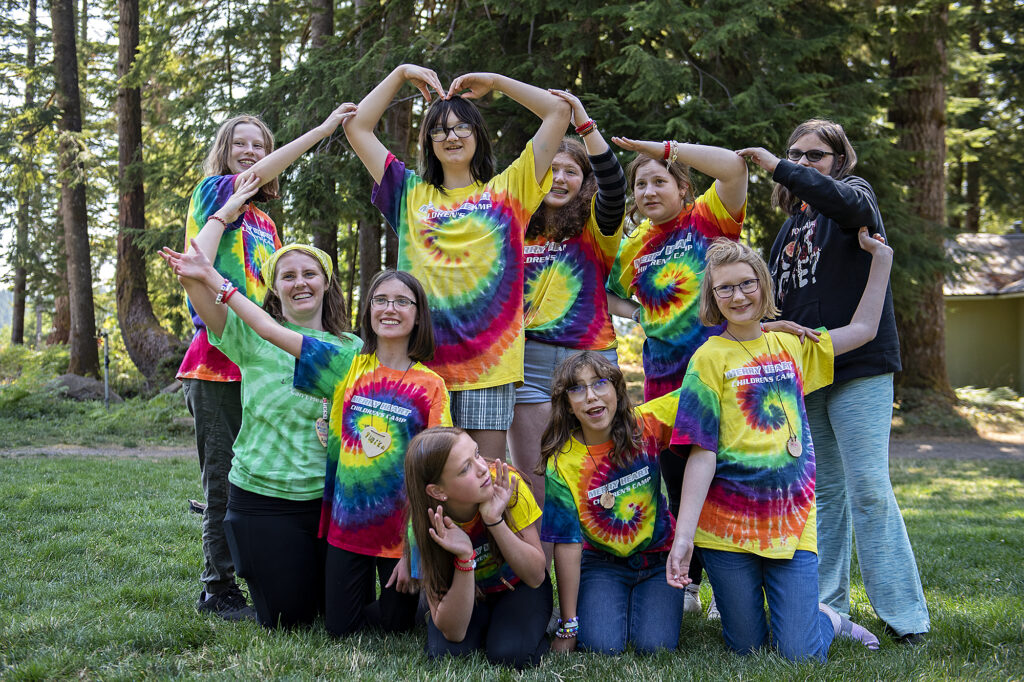
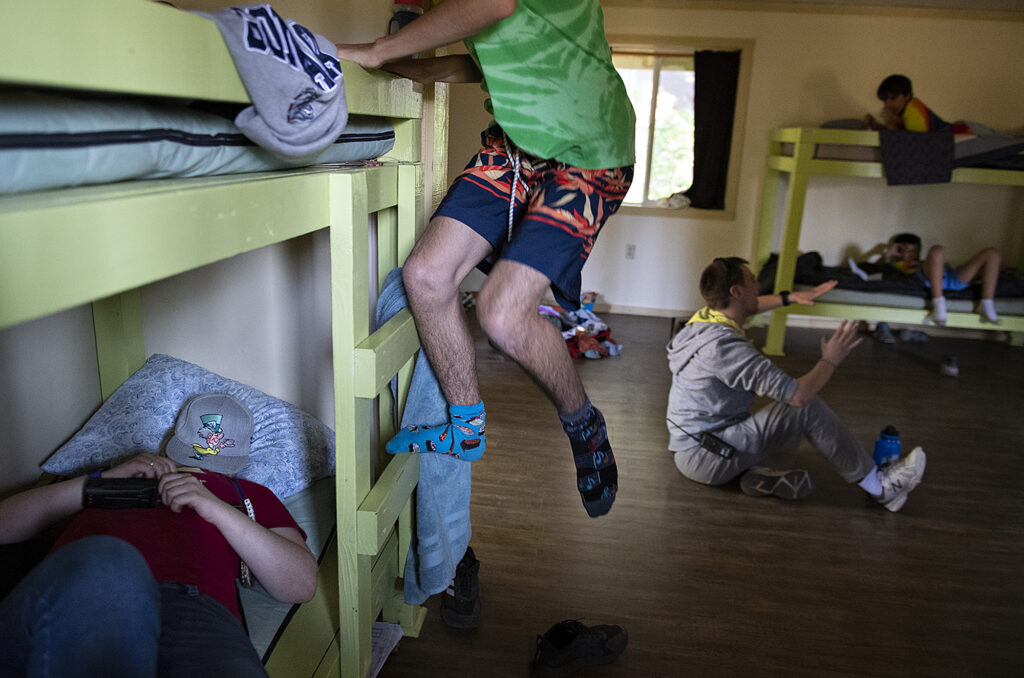
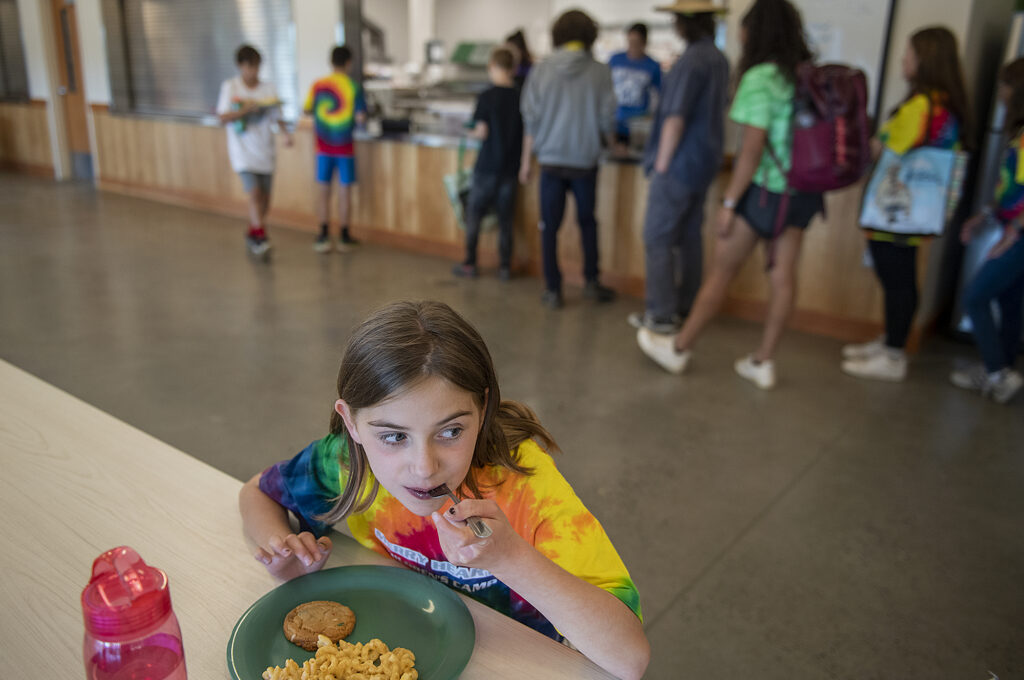

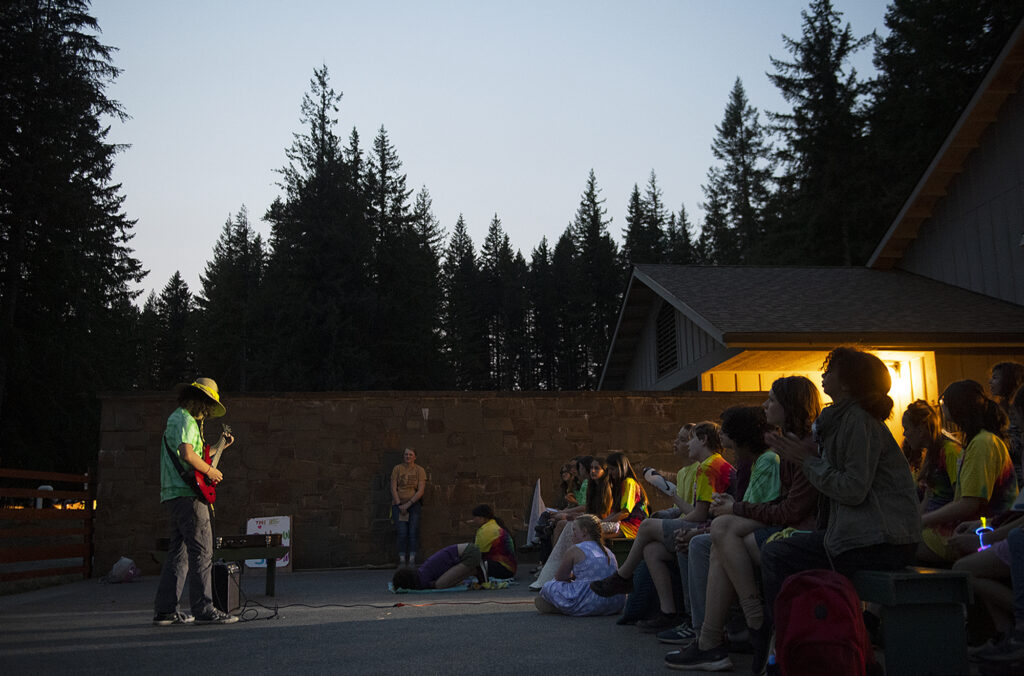
Photos by Amanda Cowan of The Columbian
How to help: Merry Heart Children’s Camp accepts camper applications as well as donations at www.merryheartchildrenscamp.org.